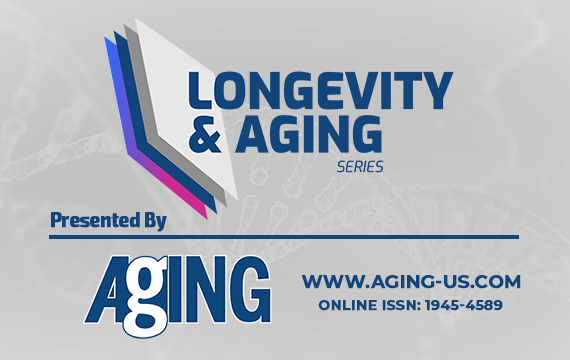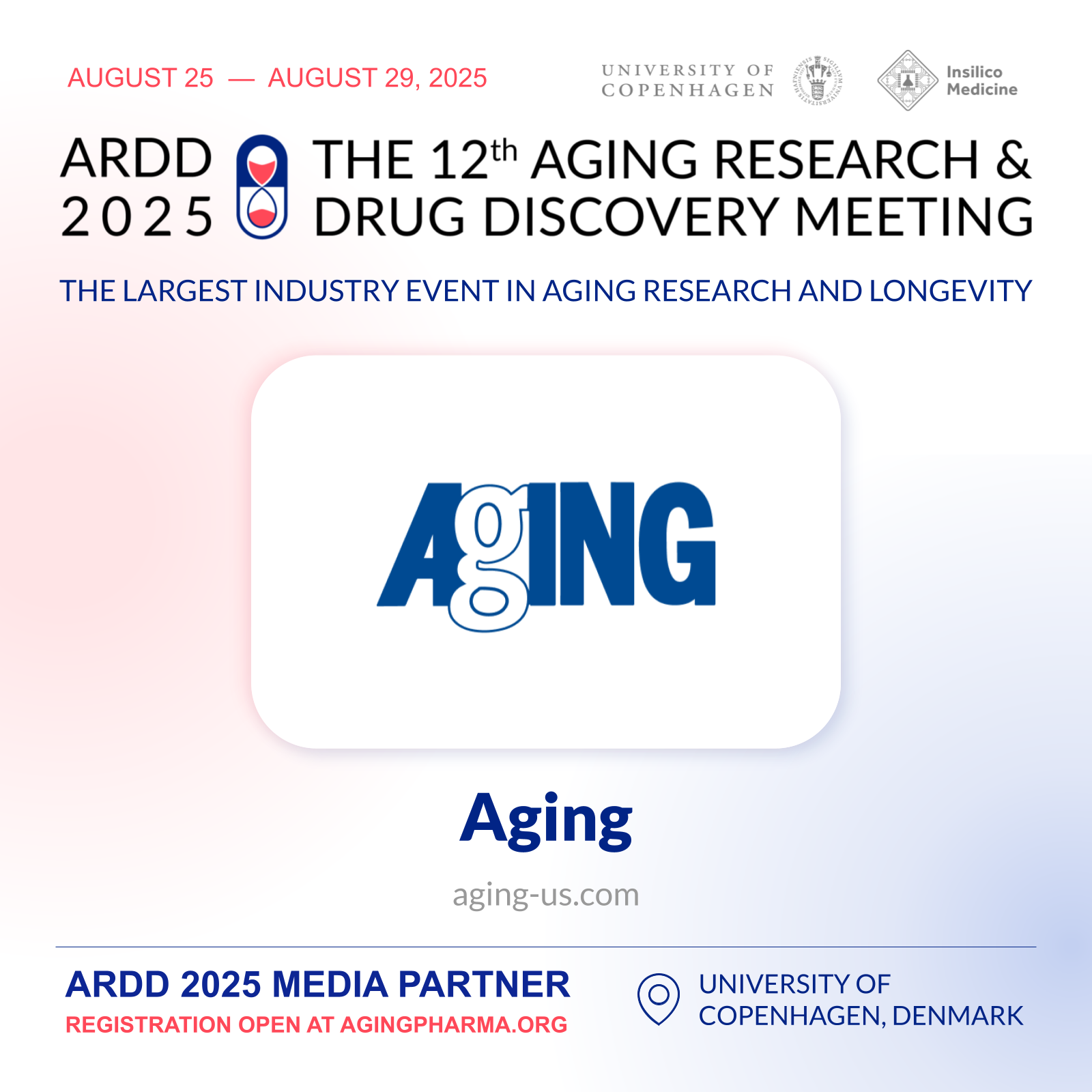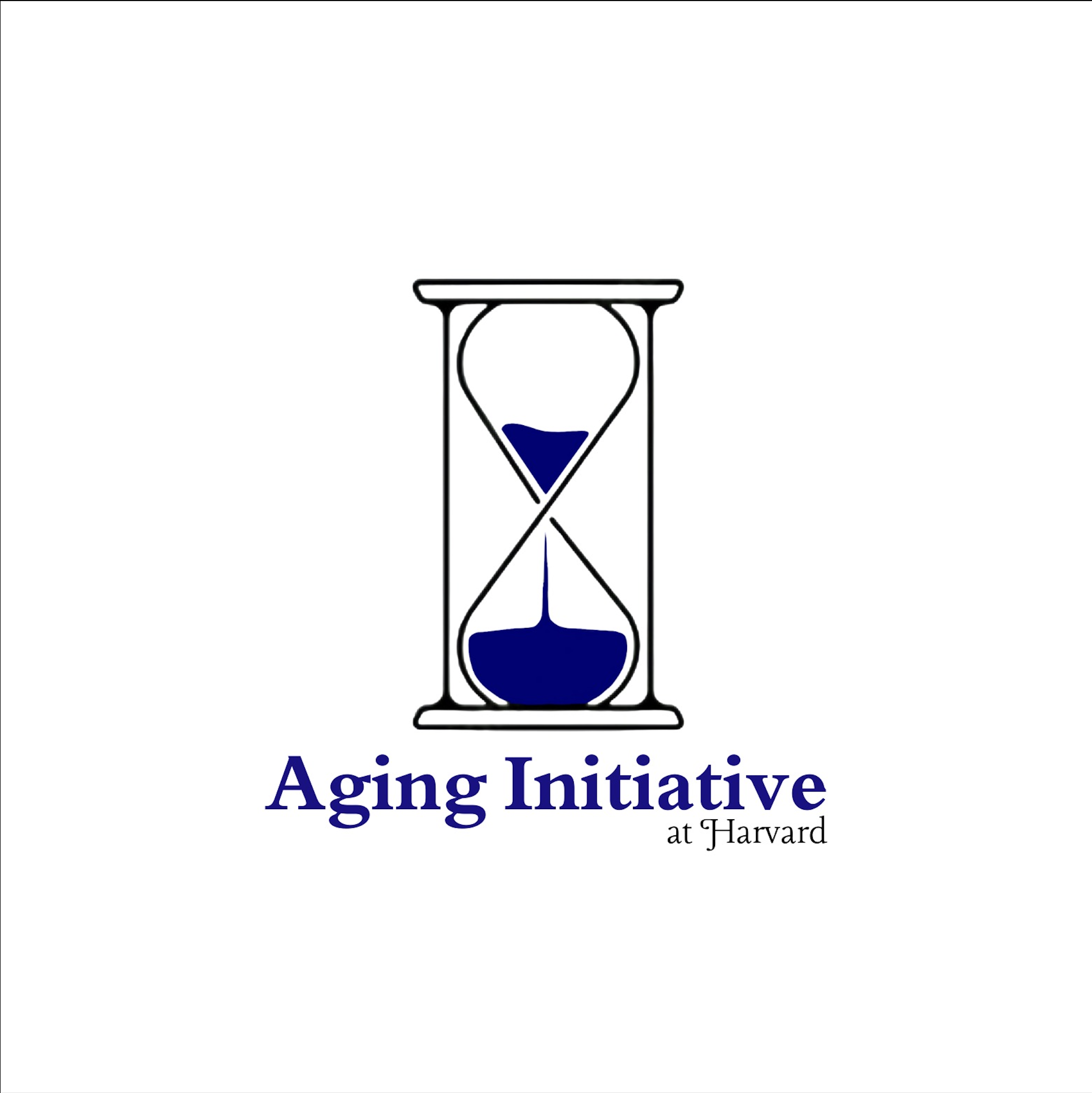Research Paper Volume 10, Issue 9 pp 2252—2265
GC-MS-based metabolomics approach to diagnose depression in hepatitis B virus-infected patients with middle or old age
- 1 Department of Infectious Disease, The First Affiliated Hospital of Xinxiang Medical University, Weihu 453100, Henan, China
- 2 Department of Gastroenterology, The First Affiliated Hospital of Xinxiang Medical University, Weihu 453100, Henan, China
Received: June 28, 2018 Accepted: August 17, 2018 Published: September 2, 2018
https://doi.org/10.18632/aging.101535How to Cite
Abstract
Depression is concomitantly presented in hepatitis B virus (HBV)-infected patients (HB). However, there is still no objective method to diagnose HBV-infected patients with depression (dHB). Therefore, in this study, a gas chromatography-mass spectrometry (GC-MS)-based metabolomic approach was employed to profile urine samples from 59 dHB and 52 HB (the training set) in order to identify urinary metabolite biomarkers for dHB. Then, 41 dHB and 35 HB (the testing set) were used to independently validate the diagnostic generalizability of these biomarkers. In total, 13 differential metabolites responsible for the discrimination between dHB and HB were identified. These differential urinary metabolites belonged mainly to Lipid metabolism and Amino acid metabolism. A panel consisting of six urinary metabolite biomarkers (ethanolamine, azelaic acid, histidine, threitol, 2,4-dihydroxypyrimidine and levulinic acid) was identified. This panel was capable of distinguishing dHB from HB with an area under the receiver operating characteristic curve (AUC) of 0.986 in the training set. Moreover, this panel could classify blinded samples from the testing set with an AUC of 0.933. These findings indicated that the GC-MS-based metabolomics approach could be a useful tool in the clinical diagnosis of dHB, and the identified biomarkers were helpful for future developing an objective diagnostic method for dHB.
Abbreviations
Hepatitis B virus: HBV; HBV-infected patients with depression: dHB; HBV-infected patients without depression: HB; nuclear magnetic resonance: NMR; gas chromatography-mass spectrometry: GC-MS; orthogonal partial least squares discriminant analysis: OPLS-DA; receiver-operating characteristic: ROC; area under the receiver operating characteristic curve: AUC; Hamilton Depression Rating Scale: HDRS; bipolar disorder: BD; Bayesian Information Criterion: BIC.




